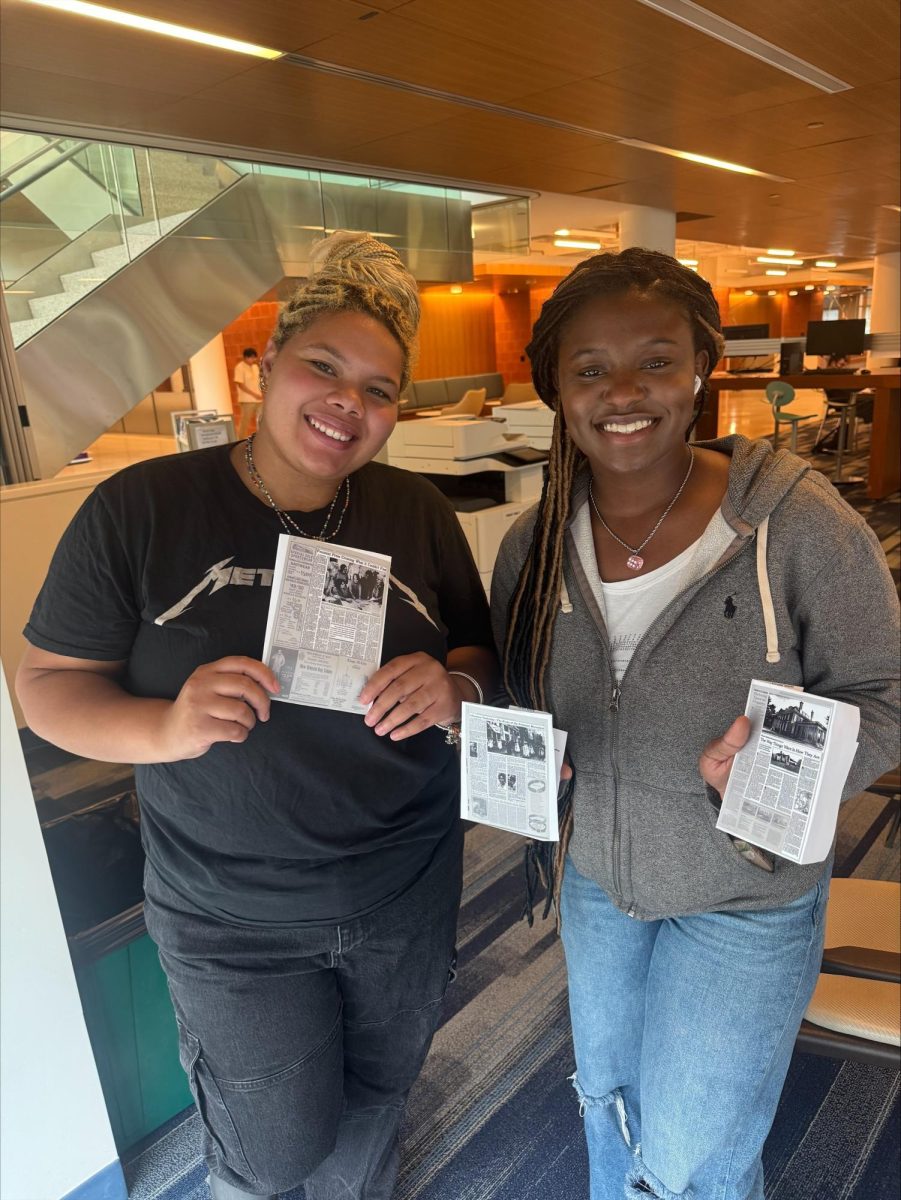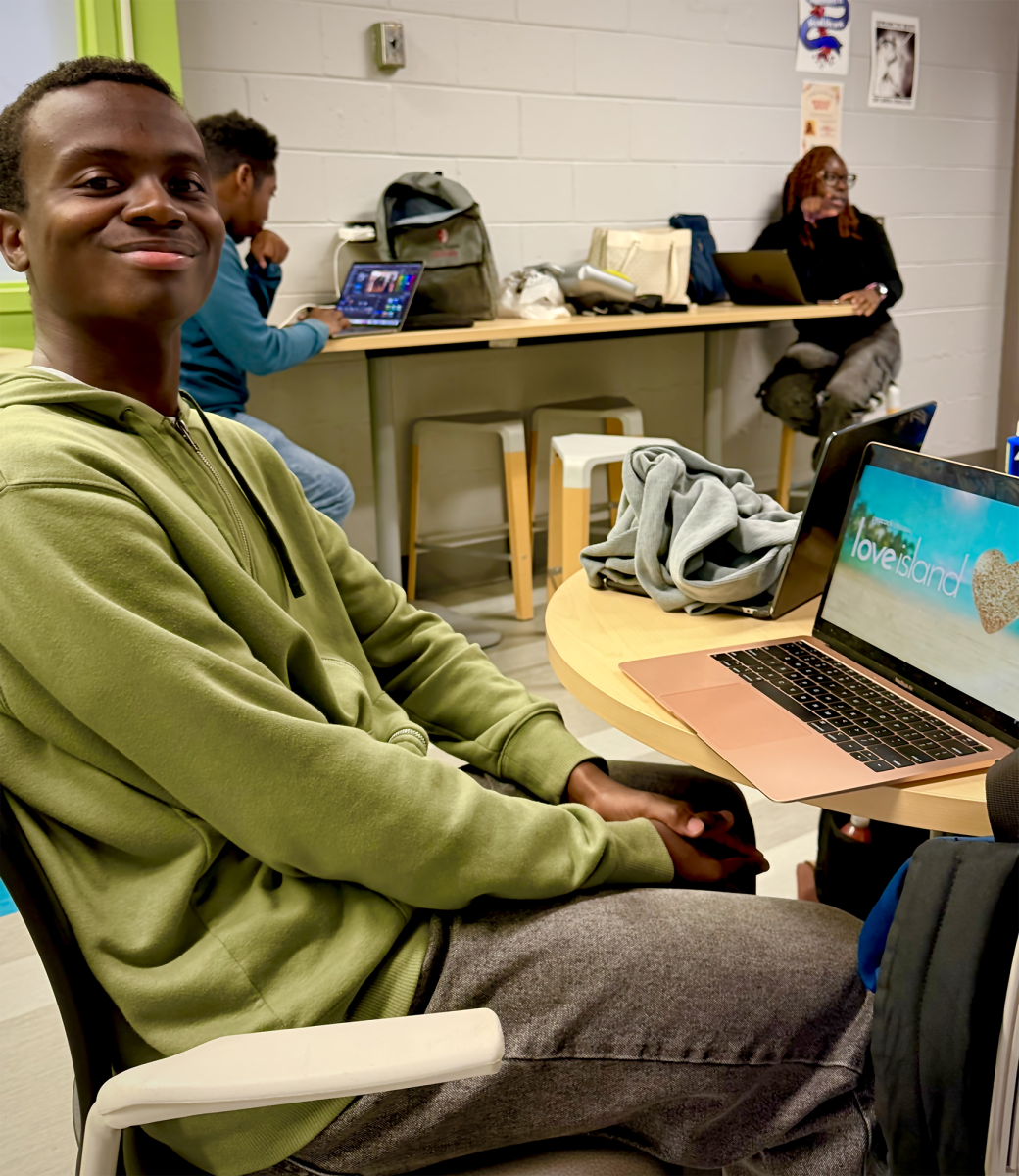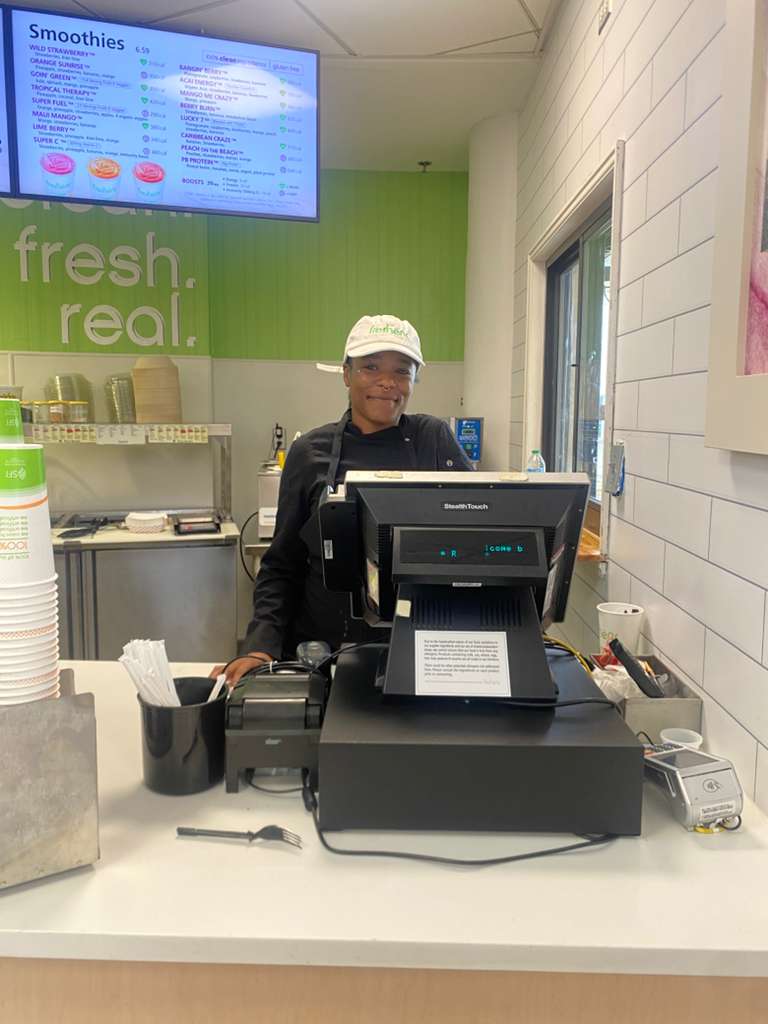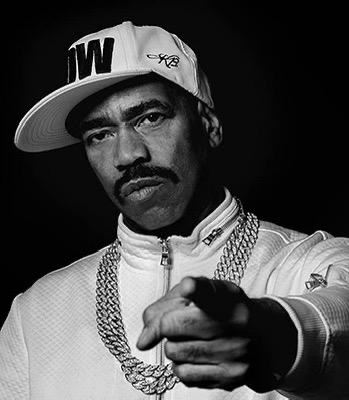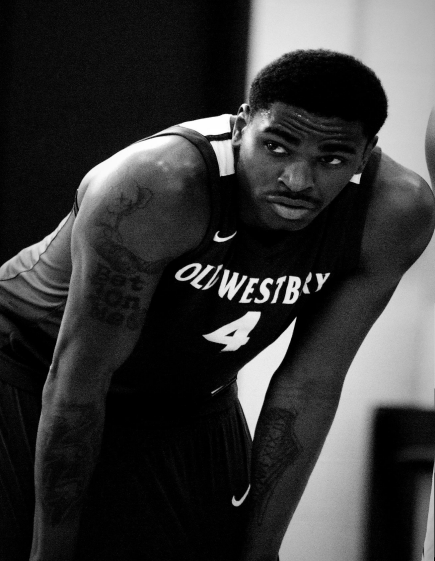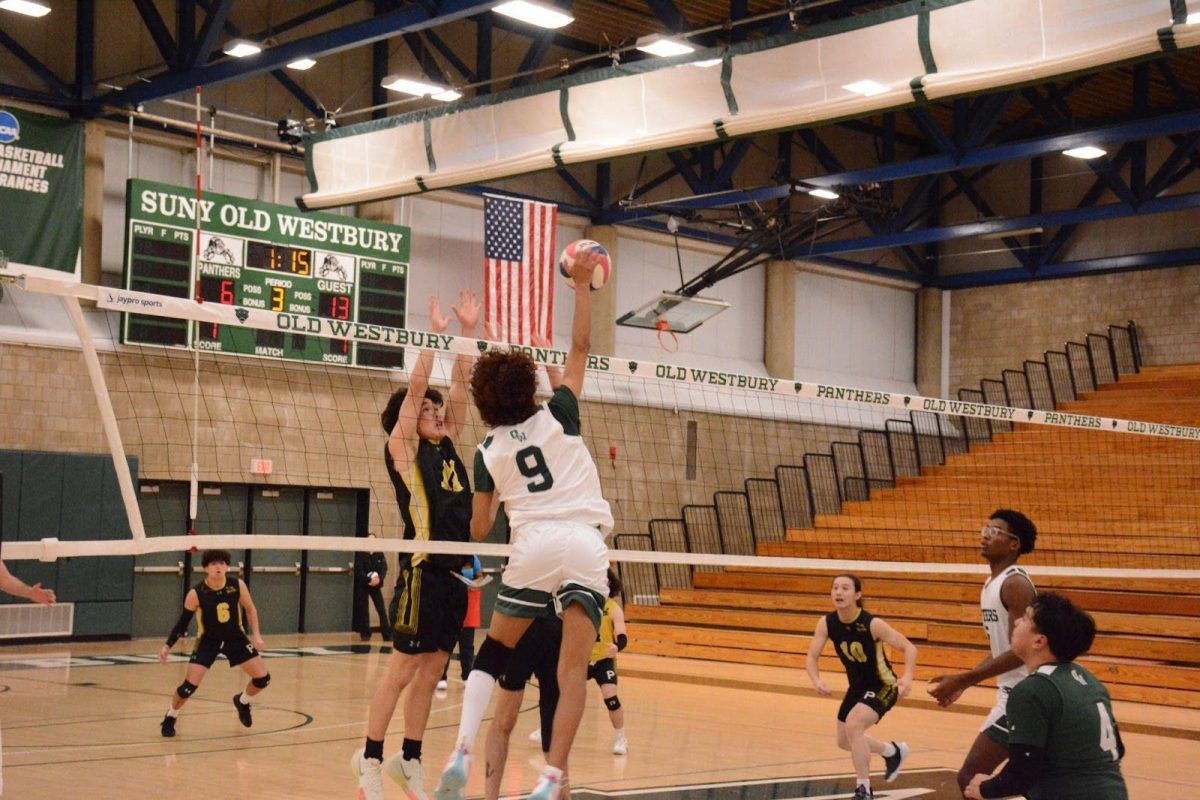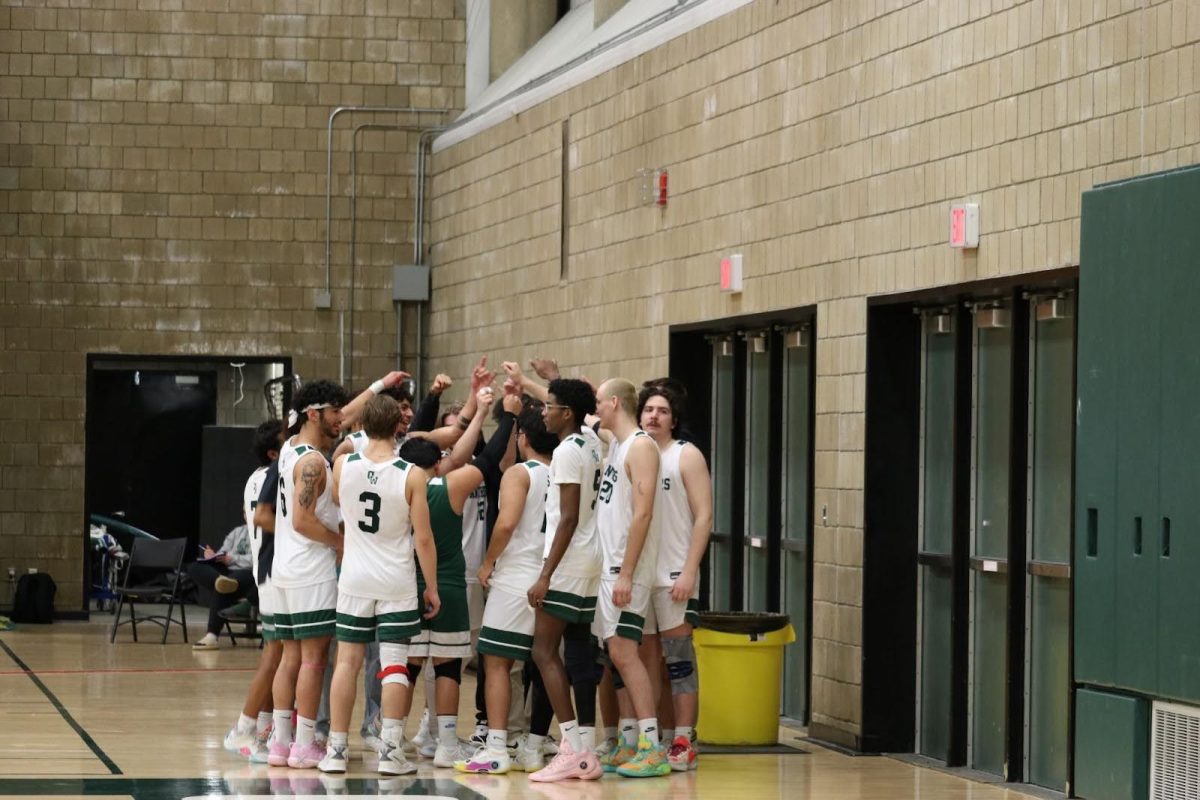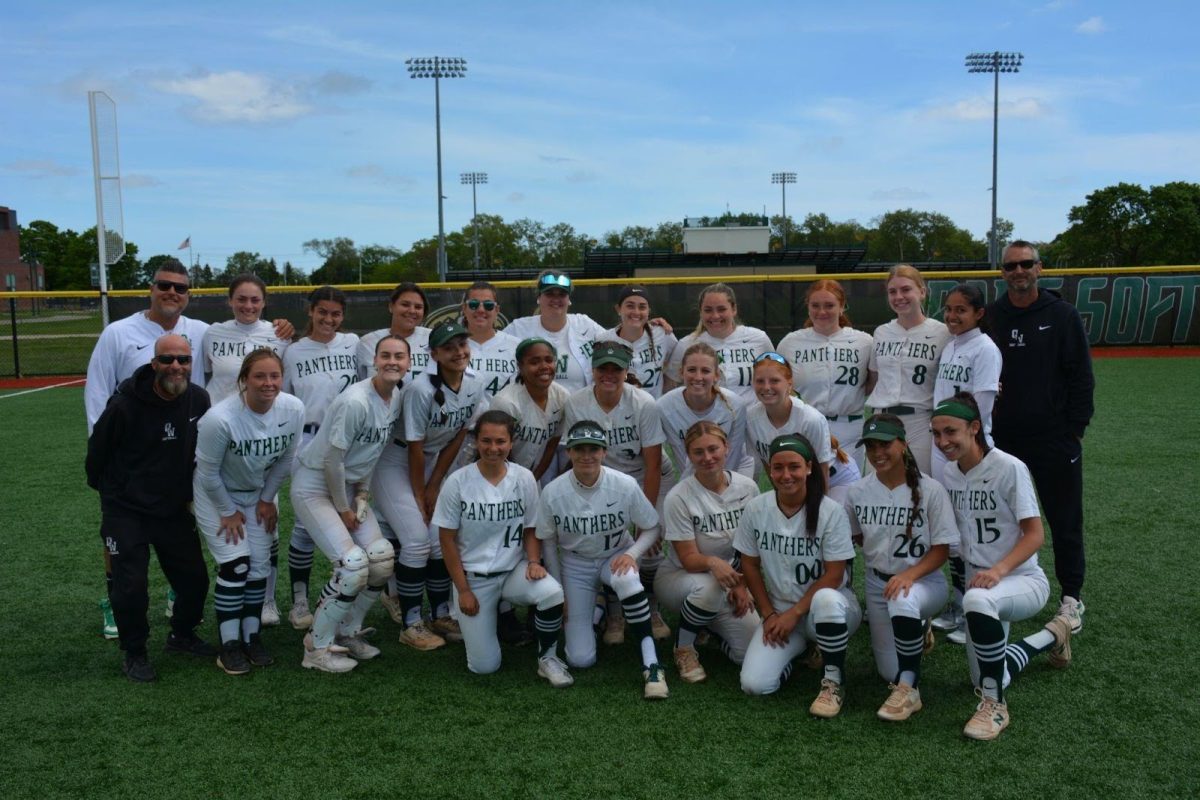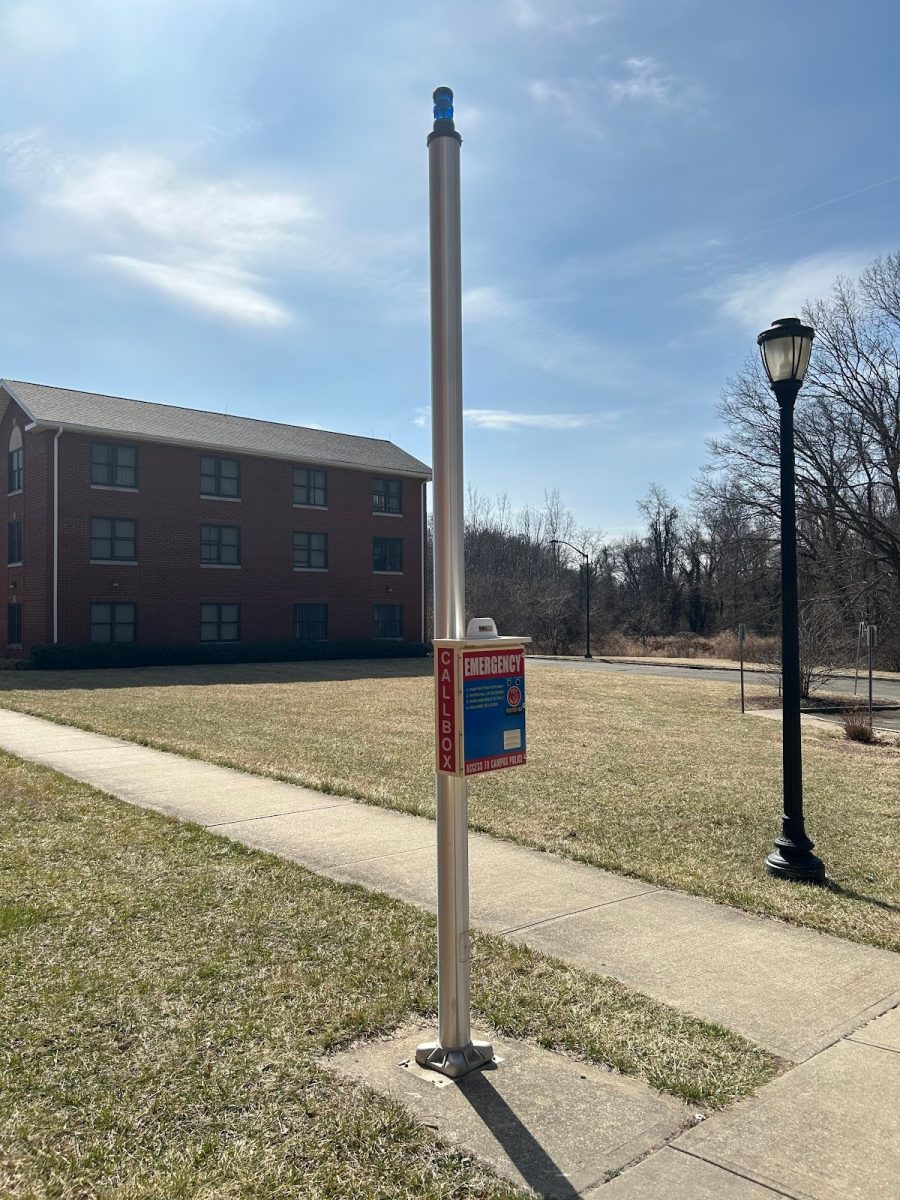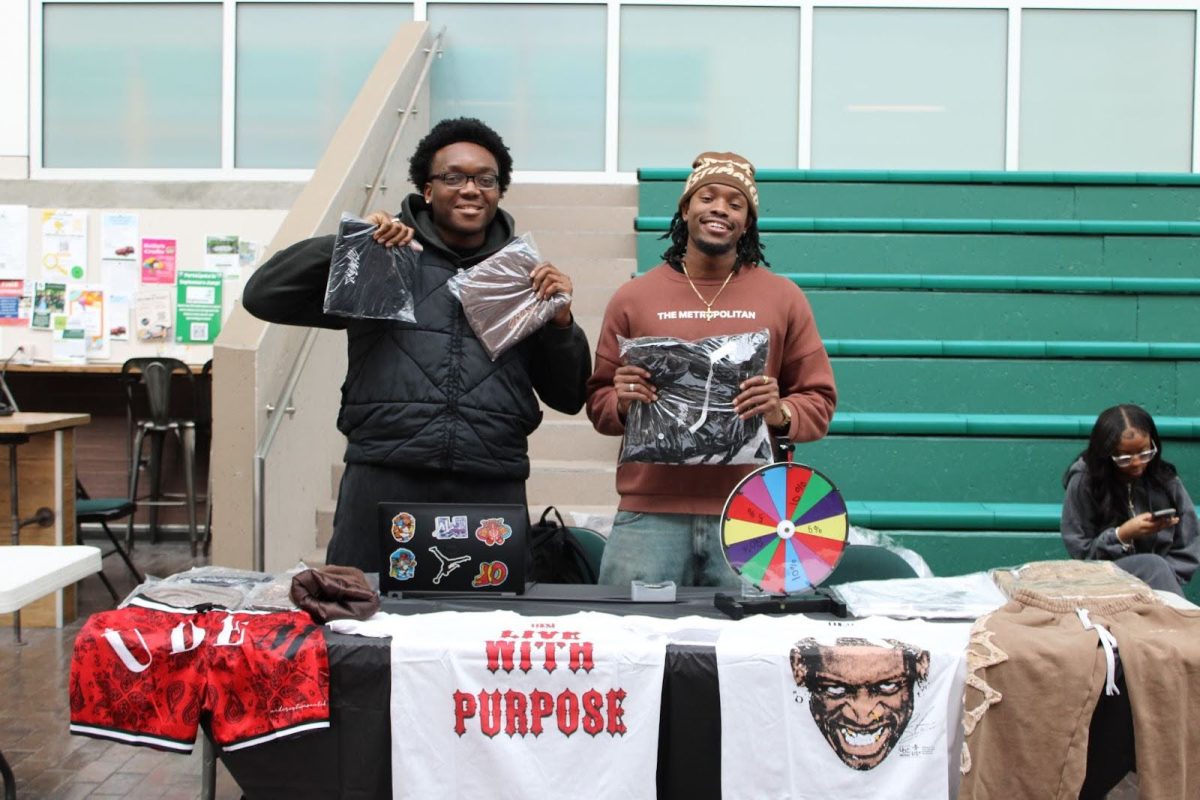On October 23, 2024, the Women’s, Gender, and Sexuality Studies (WGSS) department presented an event hosted by Dr. Jessica Williams, a prominent professor of the English department, on queerness in punk. Dr. Williams started with explaining how she took it upon herself to research the connection between queerness and alternative subcultures. She described this material as “unpolished,” and as a way to sort through her thoughts on the subject in an academic space.
Dr. Williams presented “two views about queerness in punk,” one where punk is white, male, and homophobic, and one where punk actually comes from marginalized groups such as queer and disabled people. Dr. Williams stated, “I want the second one to be an accurate history, but the truth is that it is probably somewhere in the middle.” She went on to describe “poserism,” which refers to the idea of someone in an alternative subculture supposedly doing it inauthentically. She said that this idea has been used to exclude people from marginalized communities from punk.
Dr. Williams cited two examples of prominent punk musicians being ostracized in relation to poserism. The first one she described was Laura Jane Grace, a transgender punk musician from the band Against Me, who was criticized and labeled as a sellout for signing the band to a major record label. Maintaining independence from the mainstream is an important value in punk — which is why Laura Jane Grace’s fans turned on her. However, once she came out as a transgender woman she was once again embraced for her status as a kind of “other,” which highlights the way punk is a subculture that is highly inclusive of queerness. Dr. Williams also noted the fact that while Laura Jane Grace’s gender identity changed, her music remained fast and aggressive, which is usually received as a “masculine” trait.
The other musician Dr. Williams spoke about Fat Mike of the band NOFX, who has been criticized for being sexist and too outlandish with the way he expresses himself. Also, his feminine appearance has sparked debate about what constitutes queerness, as he describes himself as queer, but his queerness seems to be limited to BDSM related activity and crossdressing. Dr. Williams stated that this behavior caused fans to accuse him of not really being queer, but more so a cis male toying with the aesthetic of queerness. Either way, his behavior has caused him to lose respect from what Dr. Williams called “the bro punks.”
Dr. Williams stated, “This is all early research, […] my early conclusion, I guess, if I had to have one, is that punk seems to be very much okay with subversive identities of both kinds in general, but actually is still really not comfortable with femininity.” She said that while it is accepted to be fat, gay, trans, etc., it can’t be done in a way that is too “girly”, and there is still work to be done in punk spaces to accept femininity. This was quite interesting to me since I consider myself well-versed and active in the punk subculture, and I have certainly noticed the clear-cut divide between Dr. Williams’ two views of punk. This has always been an issue, and this is also what spurred the creation of the Riot Grrrl movement, which Dr. Williams also mentioned. Punk will probably always be this division within itself, and Dr. Williams’ presentation was a very well executed analysis of these two sides.



